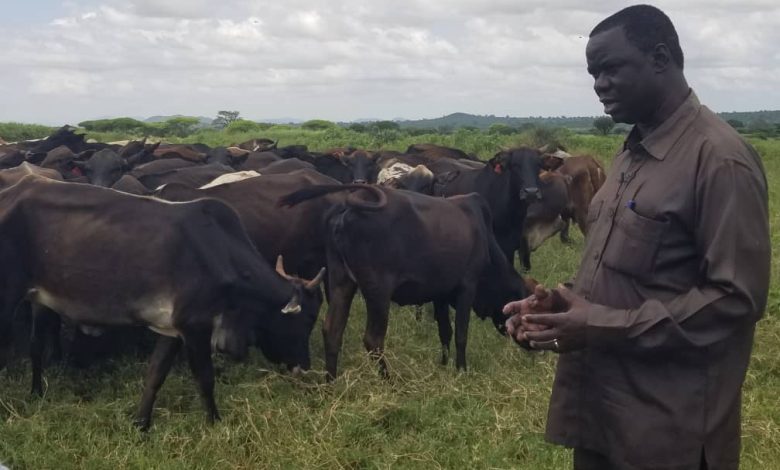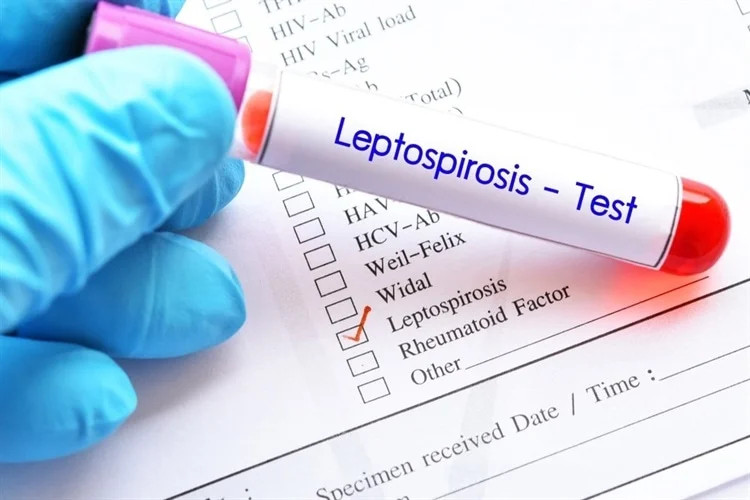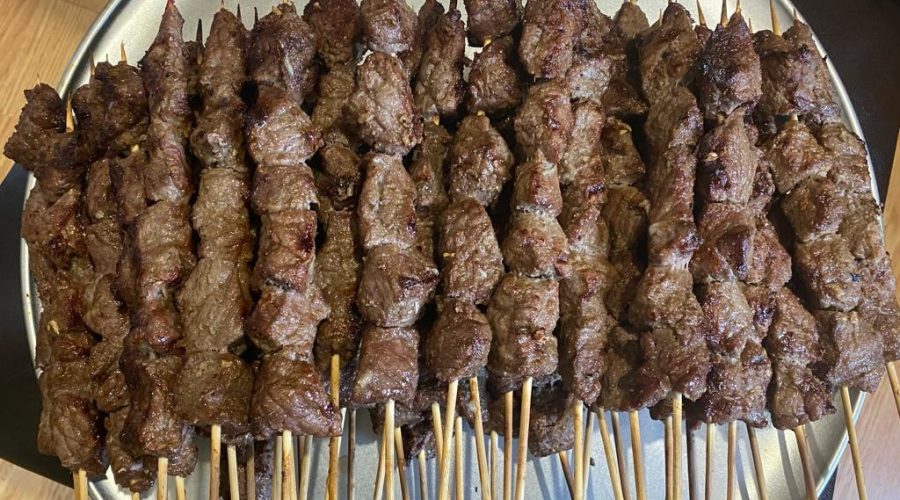Fattening for improving meat production from indigenous cattle mainly focuses on enhancing the weight and meat quality of local breeds such as the Tanzanian Shorthorn Zebu. through controlled feeding and other management practices, before they are sold for meat, the local cattle can be prepared for the market and fetch higher prices. This practice increases income generation for farmers, creates employment, and meets the growing demand for quality meat.
“When fattening an animal, the primary goal for a businessperson is to increase the animal’s weight and value for slaughter, which also enhances the quality of the meat”. This sentiment was shared by Elisa Binamungu, Manager of Kongwa Ranch in Dodoma, during a visit by researchers from the Tanzania Commission for Science and Technology (Costech). Binamungu emphasized that fattened cattle produce higher quality meat compared to non-fattened ones.
Supporting this, Dominica Swa, an Extension Officer from Mtanana Ward in Kongwa District, highlighted the positive outcomes of a cattle fattening project introduced by Professor Sebastian Chenyambuga from Sokoine University of Agriculture (SUA). The project was aimed at improving meat production from indigenous cattle. The project focused on creating cost-effective, nutrient-rich feed from locally available materials and improving the utilization of crop residues like maize and rice stalks for cattle feeding.
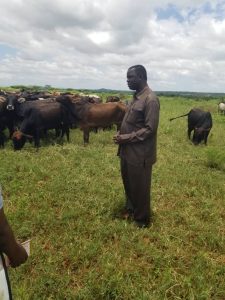
Prof. Sebastian Chenyambuga received appreciation on success in local cattle fattening from a farmer from Kongwa
The project also sought to connect local cattle farmers with markets and financial institutions, encouraging them to fatten their cattle before sale to increase their market value. Initial trials showed significant weight gains in cattle, leading to higher profits for farmers. This project has not only provided economic benefits but also introduced sustainable farming practices to the local community.
The Tanzanian government, through Costech, funded the project with 120 million shillings, highlighting its commitment to research and innovation in agriculture. The collaboration with Kongwa Ranch and local farmers has demonstrated the potential for large-scale meat production, necessitating further support and expansion of such initiatives.
Source: CLICK HERE
Utafiti COSTECH wawapa raha wafugaji Kongwa
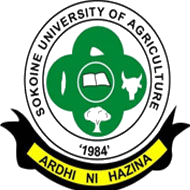
The Department of Animal, Aquaculture, and Range Sciences
The College of Agriculture, Sokoine University of Agriculture
Share this page

